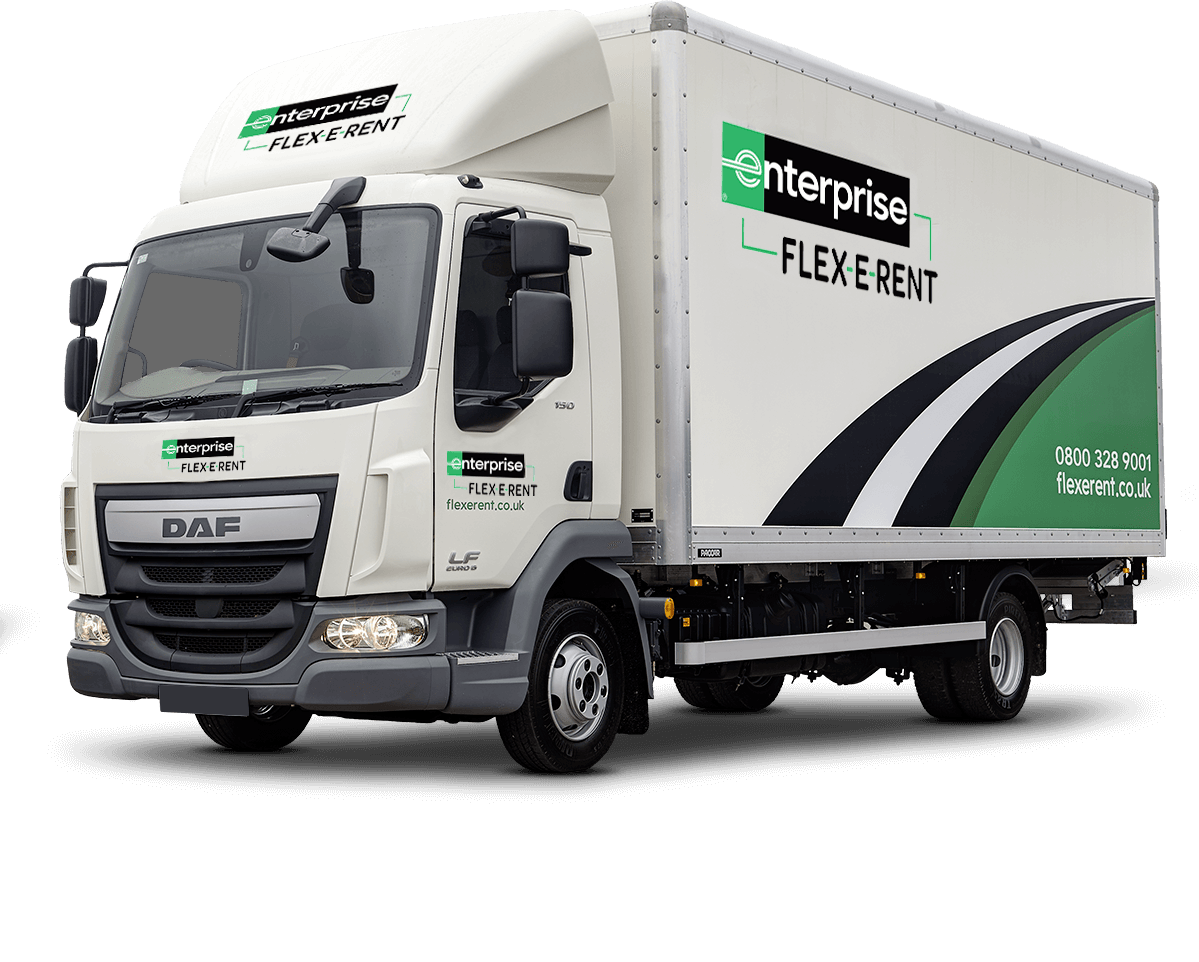When is a van not a van? It may sound like a start to a Christmas cracker joke but the answer could have quite serious implications for businesses when it comes to tax and VAT.
Many businesses and drivers could face heavy tax bills on company cars they thought were vans. This has come to light after Coca Cola recently landed themselves in hot water for supplying vehicles to its employees claiming they were goods vehicles, but HMRC disagreed.
A First Tier Tribunal ruled that although two modified Volkswagen Kombi T5 vehicles operated by Coca-Cola were originally classed as vans for tax purposes, once it considered the characteristics of the vehicles as provided to the employee - and not just at construction - they were actually subject to HMRC’s company car rules.
This resulted in the company having to pay an unspecified amount of backdated national insurance, while drivers faced unexpected benefit-in-kind (BIK) tax bills. [Read the full story here]
HMRC defines every mechanically propelled road vehicle is a “car” unless it is
- (i) a goods vehicle (a vehicle of a construction primarily suited for the conveyance of goods or burden of any description),
- (ii) a motorcycle (as defined in Section 185 Road Traffic Act 1988),
- (iii) an invalid carriage (also as defined in that Act), or
- (iv) a vehicle of a type not commonly used as a private vehicle and unsuitable to be so used.
Essentially, a business can recover its input VAT on the purchase of a van, but not on a car. Government policy prevents such a reclaim on a car, and also restricts VAT recovery on car lease costs.
Where the confusion lies
There is quite a lot of confusion and ambiguity over how to classify a vehicle as a car (or van) when the vehicle started out as an LCV. The factors to consider include the payload, number of seats, whether it has windows, the ratio of carrying passengers to cargo, and main purpose of the vehicle (i.e. if you are carrying cargo or passengers).
In regards to the Coca Cola story, one Kombi van (a Vauxhall Vivaro) was fitted with a removal three-person bench seat in the van’s mid-section as standard, which meant no goods could be carried there with it in place. It was argued that this was classed a multi-purpose vehicle as it was equally suitable for carrying both goods and passengers, but was later ruled in court that it was a goods vehicle as it was “primarily suited to the conveyance of goods”.
It certainly seems to be grey area and accountancy firms have urged HMRC to be clear on its guidance since fleet operators need to understand the distinction between a car and a van and apply the rules correctly to avoid unexpected tax bills ,possible penalties and help determine what vehicle to hire or purchase.
For more advice on the tax implications of vans, check out our blog: a guide to van taxation.
We know that buying your own fleet can bring undoubted advantages to the right kind of business. In regards to tax benefits, vehicle ownership entitles you to claim a write-down allowance - of up to 100% in the case of electric LCVs. However, this can be as low as 10% per annum if CO2 emissions are more than 160g/km.
On the other hand, hiring vehicles can bring tax deductions. LCV rental is fully deductible for tax purposes, regardless of the CO2 emissions of the vehicles. It might be then that you need a more flexible option.
If you’re debating whether hiring or buying is right for you, our guide helps you choose the most cost-effective, efficient way to acquire fleet vehicles. We take a look at the pros and cons of hiring versus buying, covering matters such as van hire, taxation and vehicle maintenance. Download your free guide below.





